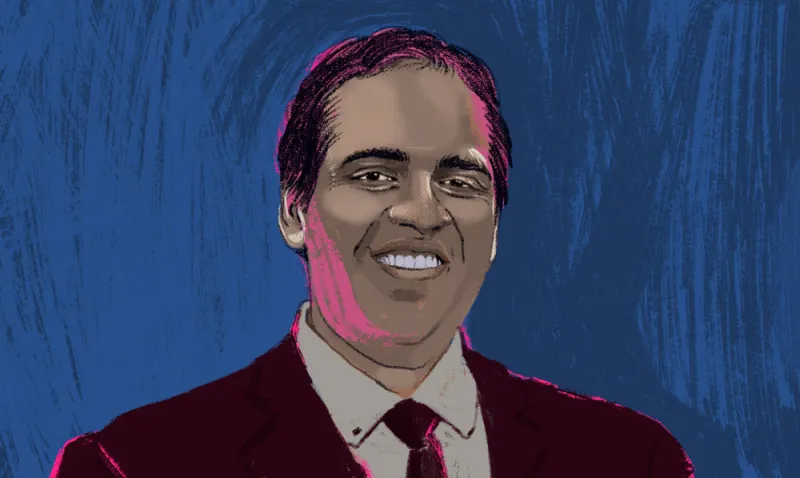Nate Koppikar and his Orso Partners co-founder decided more than a year ago to keep track of “every crazy private equity story” that they heard.
“This is not sustainable,” he thought at the time. Private equity giants “are bidding on crappy companies. SmileDirectClub? That thing is a turd. Yankee Candle? A garbage company, a garbage deal. We knew it was bad.”
Koppikar, 32, isn’t a salty outsider. He rose from within the machine, working at TPG and attending Stanford University’s business school — a premier recruiting ground for elite private equity firms.
But like Daniel Rasmussen — a hotshot young critic who came out of Bain Capital — Koppikar sees fundamental flaws in the industry, and has bet big against it.
[II Deep Dive: One Young Harvard Grad’s Quixotic Quest to Disrupt Private Equity]
When markets tanked in March, Orso Partners completely repositioned its book to take advantage of a private equity wipeout. The firm is short several listed managers and their related credit vehicles, according to a first-quarter client letter.
“The wipe-out math is simple. Sponsors paid on average 12x+ EBITDA for deals and applied 6x leverage. As a result of prolonged cash burn from the shutdowns, leverage levels at private equity companies will exit 2020 at 13x+ on average based on our analysis,” the founders wrote.
Despite “covenant-lite debt structures (that serve to only delay bankruptcy proceedings), it will take either hyper-inflation or the passage of great amounts of time to work off those debt loads,” the letter went on, “and the cash flow on the other side is highly uncertain warranting an extremely high discount rate. Private equity is therefore effectively a mark-to-market wipeout as distributions will be non-existent for years.”
Orso returned 18 percent net of fees in the first quarter, while the Russell 2000 lost 31 percent, the letter said. With major positions against private equity, Orso’s leaders certainly have a motivation to broadcast their case. But like most short-sellers, Koppikar comes off as a true believer and crusader — albeit a seemingly sane one.
“Why are the LPs paying management fees for portfolios of companies that are effectively closed?” Koppikar questioned. “If I was a private equity investor, I’d ask for a list of all portfolio companies that paid rent and interest in April. If they didn’t, they’re in technical default. Why is CalPERS paying any management fee right now for companies that are in technical default? It’s unbecoming.”
From his insider’s view of private equity firms and the institutions that (used to) love them, “This is the most abusive relationship in history.”






